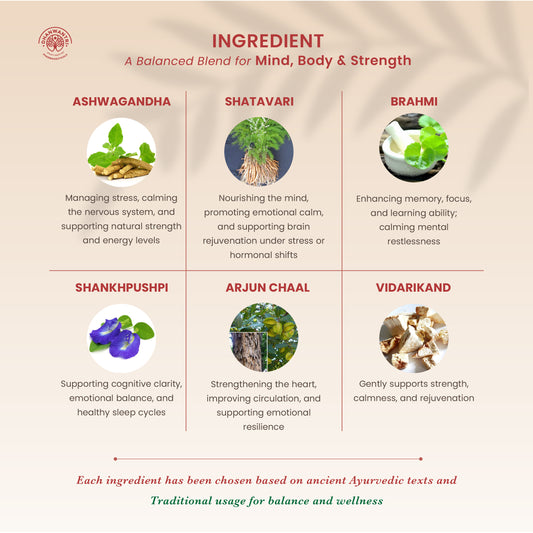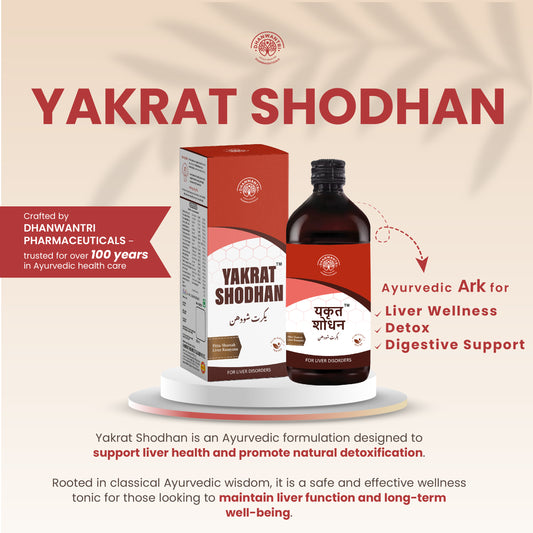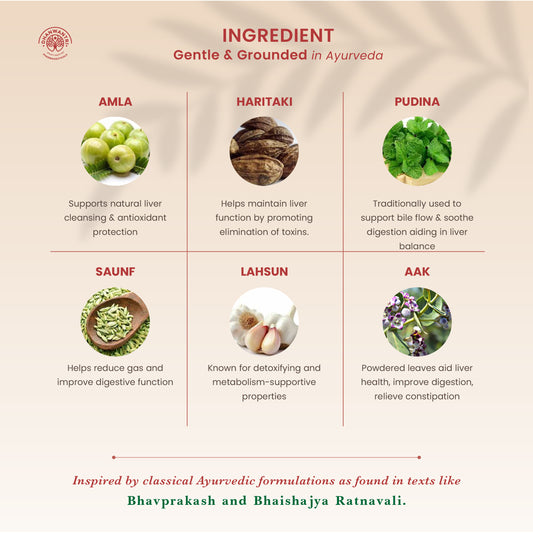How to stop hairfall
Hairfall is a common concern that affects people of all ages and genders. Whether it's due to stress, nutritional deficiencies, hormonal imbalances, or genetic factors, losing hair can be distressing. Fortunately, there are several steps you can take to reduce and even stop hairfall. Here’s a comprehensive guide to help you maintain a healthy, full head of hair.
Maintain a Balanced Diet
A nutritious diet is essential for healthy hair. Ensure you're getting enough:
Protein: Hair is made up of a protein called keratin. Include protein-rich foods like eggs, fish, chicken, legumes, and nuts in your diet.
Vitamins and Minerals: Vitamin A, Vitamin E, Vitamin C, and Biotin (Vitamin B7) are crucial for hair health. Incorporate fruits, vegetables, nuts, and seeds to get these nutrients
Iron and Zinc: These minerals are vital for hair growth. Foods like spinach, lentils, red meat, and pumpkin seeds are excellent sources.
Stay Hydrated
Drinking plenty of water keeps your scalp hydrated and promotes healthy hair growth. Aim for at least 8 glasses of water a day.
Avoid Excessive Heat and Chemical Treatments
Drinking plenty of water keeps your scalp hydrated and promotes healthy hair growth. Aim for at least 8 glasses of water a day.
Hair dryers
Curling irons
Straighteners
Chemical relaxers
Hair dyes
Choose the Right Hair Products
Using harsh shampoos and conditioners can strip your hair of its natural oils. Opt for:
Sulfate-free shampoos
Hair masks and oils to nourish your hair
Practice Gentle Hair Care
Handle your hair with care to prevent damage:
Avoid tight hairstyles that pull on the hair roots.
Use a wide-toothed comb to detangle wet hair.
Pat your hair dry with a towel instead of rubbing it vigorously.
Massage Your Scalp
Regular scalp massages increase blood circulation, which stimulates hair follicles and promotes hair growth. You can use oils like coconut oil, almond oil, or castor oil for added nourishment.
Manage Stress
Stress is a significant contributor to hairfall. Incorporate stress-relieving activities into your routine, such as:
Yoga
Meditation
Deep breathing exercises
Regular physical exercise
Consider Supplements
If your diet lacks essential nutrients, consider taking supplements. Consult with a healthcare professional before starting any new supplement regimen. Common supplements for hair health include:
Biotin
Iron
Omega-3 fatty acids
Multivitamins
Seek Professional Help
If you notice excessive hairfall or if it's accompanied by other symptoms, it’s essential to seek medical advice. A healthcare provider can identify underlying issues and recommend appropriate treatments.
Use Home Remedies
Some natural remedies can help reduce hairfall:
Aloe Vera: Apply aloe vera gel to your scalp and hair. It helps balance the pH level of the scalp and promotes hair growth.
Onion Juice: Rich in sulfur, onion juice can improve blood circulation and strengthen hair follicles. Apply it to your scalp and leave it for 15-20 minutes before washing it off.
Green Tea: Rinse your hair with brewed green tea to boost hair growth and prevent hair loss.
Conclusion
Stopping hairfall requires a holistic approach that includes a healthy diet, proper hair care, stress management, and sometimes professional treatment. By incorporating these tips and remedies into your routine, you can reduce hairfall and promote healthier, stronger hair. Remember, consistency is key to seeing long-term results.





